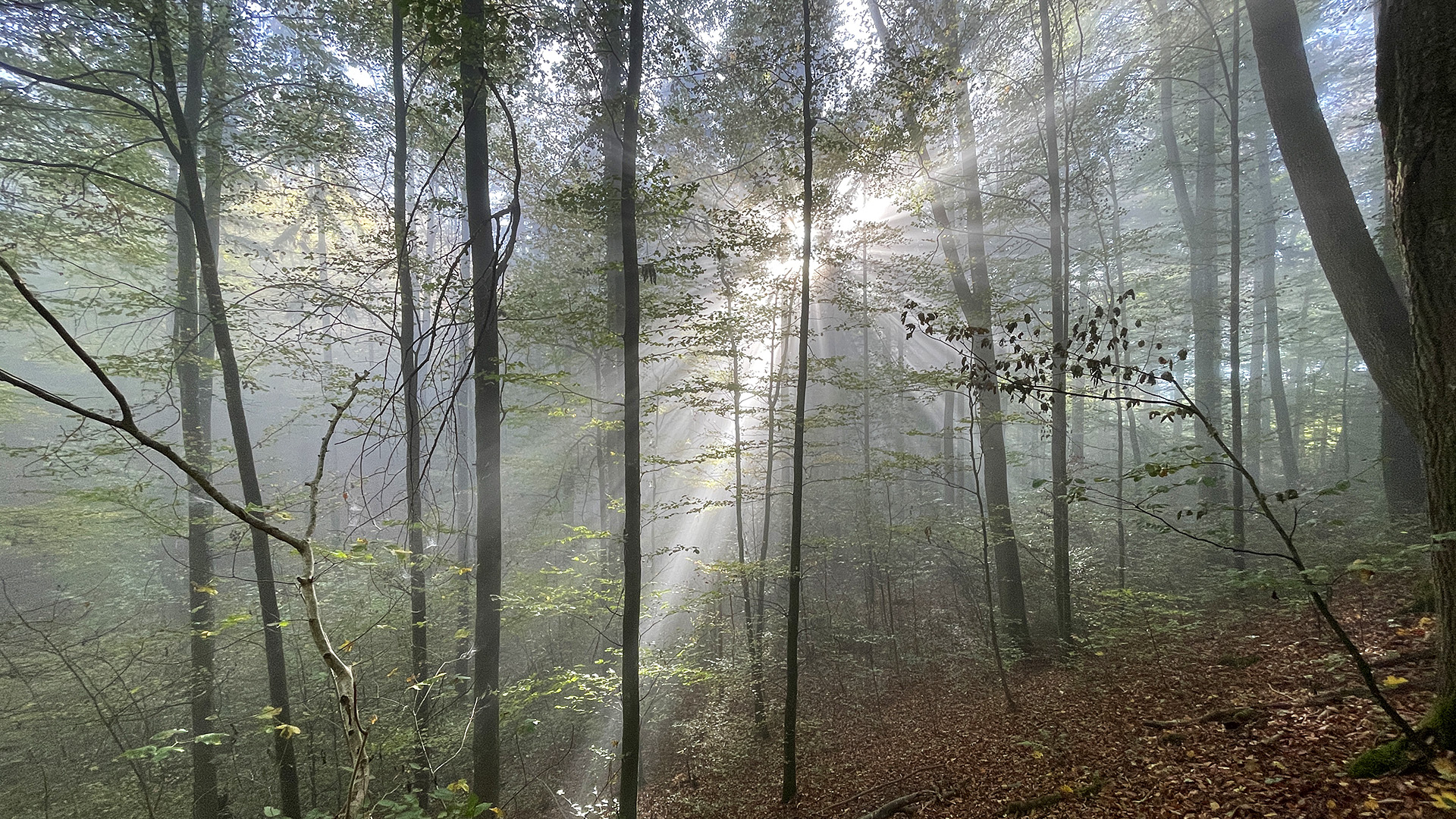UNDERSTANDING THE CONCEPTS OF SUSTAINABILITY
2.1
Sustainability today: A multitude of concepts
There are many definitions for different sustainability concepts. This is deliberate. We need a variety of definitions to address the complex issues related to sustainability. In this article, we will explore how science-based concepts differ from practice- and politically-oriented concepts. An example of the latter would be the Sustainable Development Goals (SDGs).
When you encounter the term ‘sustainability’, you can be sure that everyone has a different definition of the term. In colloquial, everyday parlance, sustainability is understood to be an action that lasts for a long time and that is able to continue or to have a strong effect over a period of time. However, you would certainly agree that a nuclear weapon would not be called sustainable, even though its effects last a long time!
Let’s start with the history of the term. Let’s read the words of Hans Carl von Carlowitz, who is often cited as the grandfather of sustainable development. In his time, forest regulations in Saxony, Germany, became necessary, as timber shortages became evident due to their use in the metallurgy industry. In 1713, he formulated the idea that the amount of wood which should be cut should not exceed the amount which regrows in the same time period:
“Wird die grösste Kunst/Wissenschaft … darin bestehen, wie eine Conservation und Anbau des Holzes anzustellen, dass es eine continuierliche beständige und nachhaltende Nutzung gebe [that there would be a continous, steady and sustained use], weil es eine unentbehrliche Sache ist, ohne welche das Land in seinem Esse nicht bleiben mag.“ (Silvicultura oeconomica, 1713)
Obviously, the goal was to understand and manage how to plant and cut trees in such a way that a continuous and long-lasting use of forests would become possible.
 Sustainable managed temperate forest in the morning light. © Prof. Jürgen Holm
Sustainable managed temperate forest in the morning light. © Prof. Jürgen Holm
From this starting point, the term sustainability developed on different levels. Today, we can find a multitude of concepts. Some are informed by science; others are anchored by society. The complex societal discovery process started with the idea brought up by Brundtland in the year 1986 and developed into a global action plan, which is the current reference point. This process was accompanied by the construction of national, international and even global institutional settings.
Concerning its contents, it is important to note that issues of human development – such as inter- and intragenerational justice, economic development and environmental protection – became more and more connected to each other. Today, human development, poverty and inequality issues are tightly linked to environmental concerns, even in societal debate.
Accordingly, we need to promote alternatives for the exploitation of natural resources. Nowadays, major societal milestones and achievements in sustainable development go hand-in-hand with scientific research and the development of policy options.
The interdependencies between the role of humankind, societies, and the environment is also due to the fact that, thanks to intensive research, we see more and more cross-connections between different elements and processes of our natural and social environment. We can also see their consequences for us and for ecosystem goods and services.
Consequently, this complexity is reflected in scientific definitions on the one hand, and calls for integrative and global policy strategies on the other hand. This is addressed in the 17 goals and 169 targets of the Sustainable Development Goals SDGs. The interconnection between climate change and nature loss, which will one day affect human well-being, is currently claimed as a twin crisis. Addressing these phenomena together and aiming at interconnected solutions is identified as the key to successful policy interventions.
Scientifically-funded concepts have developed in all disciplines. For example, there are now different areas of focus such as ‘environmental economics’ or ‘sustainability economics’. Much research has been and is being done on basic questions, such as the criteria that defines sustainability. Also, theoretical or empirical studies are being undertaken to study the economic effects of environmental policies. You can explore capital-based concepts of sustainability in this course.
In social sciences, there are debates on the relationship between intra- and intergenerational justice. In this field, the debate on how to solve the non-identity problem is ongoing. Here, one question is about the duties towards individuals and the duties related to a human being. Highly controversially discussed, for example, is the claim that participatory processes on policies are more likely to lead to sustainable outcomes than non-participatory processes. In this course, we present an introduction to the capability approach and to ideas on how sustainability considers justice – namely justice between generations as well as a just world today.
In environmental sciences, protecting the biosphere from degradation is one of the priority topics, resulting in the question of how to use resources sustainably. Here, living as well as non-living resources are under pressure. The concept of resilience is an important one for understanding the view of natural scientists on sustainability. We explore the concept in this course.
Regarding the state of the natural environment, it has become clear that it is not sufficient to protect what is left over after devastating decades of industrialisation and global change. Rather, we need to rebuild fish stocks, restore ecosystems and revitalise biodiversity hotspots.
We now have an awareness of the scarcity and exploitation of resources and the environment, of our own needs and those of future generations. One recent development that addresses this is the concept of circular economy. This concept is being intensely discussed and first steps in this direction are being taken.
Author: Patricia Holm
References
Geissdoerfer, M. et al. (2017). The Circular Economy – A new sustainability paradigm?. Journal of Cleaner Production, 143, 757-768.
Reichwald, R. (2022). Circular Economy. TUM FORUM Sustainability. European Academy of Sciences and Arts.
Von Carlowitz, H. C. (1713). Silvicultura oeconomica, oder Haußwirthliche Nachricht und Naturmäßige Anweisung zur Wilden Baum-Zucht.
